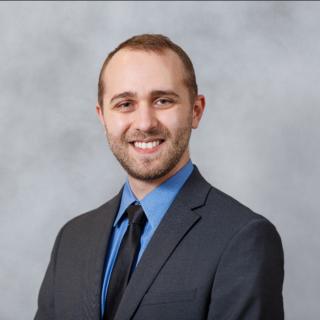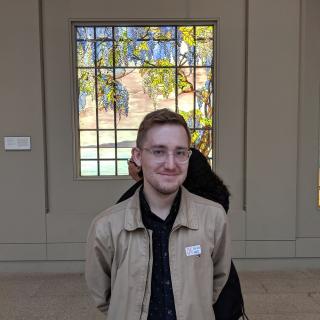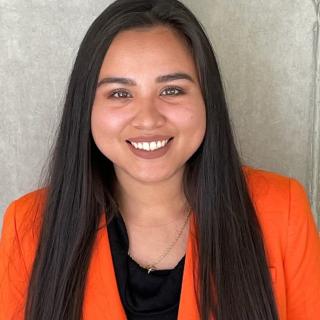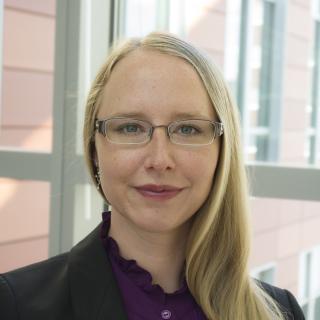
Leslie N. Aldrich, Ph.D.
- Center for Cancer Research
- National Cancer Institute
- Building 562, Room 201
- Frederick, MD 21702
- 301-846-7263
- leslie.aldrich@nih.gov
RESEARCH SUMMARY
I am a medicinal chemist and chemical biologist with a research focus in probe and drug discovery. Our group studies complex biological phenomena using novel small molecules to identify new therapeutic strategies for unmet medical needs. A main area of interest for our lab is the study of the autophagy pathway, a self-recycling process that is critical to maintaining cellular homeostasis and innate immunity in the body. Defects in autophagy have been implicated in a number of human diseases, including inflammatory diseases, infectious diseases, neurodegenerative diseases and cancer. The small-molecule probes we develop in our lab facilitate our exploration of autophagy in the context of basic biology and human disease.
Areas of Expertise

Leslie N. Aldrich, Ph.D.
Research
Targeting Protein-Protein Interactions in the Autophagy Pathway
Autophagy has been implicated as a potential target for cancer therapy due to its role in homeostasis and the development of resistance to chemotherapeutics. Previous efforts to target autophagy in cancer have focused on disrupting lysosome function or inhibiting enzymes that initiate autophagy, but these strategies have led to defects in other cellular pathways, thus limiting clinical applications. An alternative approach is to target key protein-to-protein interactions that are required for the initiation of autophagy to provide more selective inhibitors. Our group has recently discovered small molecules that disrupt autophagy-specific protein-to-protein interactions, and the goal of this project is to optimize these molecules to study the efficacy of selective autophagy inhibition to treat chemotherapeutic-resistant cancers with poor survival rates.
Discovery of Small-Molecule Autophagy Modulators with Novel Mechanisms of Action
Using a combination of phenotypic assays and subsequent target identification and validation, our group has been able to identify small molecules that modulate the autophagy pathway through mechanisms that have not been previously studied. Our recently published work highlights how this approach could provide novel strategies for therapeutic development to treat a variety of diseases. The current goal of this project is to study how the newly identified targets and mechanisms regulate the autophagy pathway to improve disease phenotypes.
Discovery, Synthesis, and Evaluation of Natural Products and Natural Product–Inspired Compounds
Natural products have a rich history of medical relevance and success as therapeutics. One of the most challenging, yet appealing, aspects for this field is the development of synthetic routes to access these complex molecular scaffolds quickly and efficiently. Our group develops microwave-assisted organic synthesis approaches to help accelerate access to natural product core scaffolds. We have recently used a systematic diversity-oriented synthesis approach to prepare analogs of the flavonoid class of natural products that have increased stereochemical complexity and unnatural appendages or substitution patterns in less than six synthetic steps. Analogs of these flavonoid scaffolds have been prepared and these molecules were screened in a diverse set of biological assays, including the Cell Painting Assay, to assess performance diversity. The assays also help to better understand what type of molecules should be included in screening collections to reduce performance redundancy and to discover novel chemical probes for complex biological processes and historically challenging disease targets. Novel molecules accessed through this methodology enable the evaluation of the biological activities of molecules that are inspired by natural products but are not limited by organism production levels, natural selection for bioactivity or synthetic accessibility. Our current goals in this area include the synthesis of natural products and natural product–inspired compounds with interesting biological activities to generate probes for target identification and evaluation in disease-relevant assays.
Publications
Discovery of a Small-Molecule Modulator of the Autophagy-Lysosome Pathway That Targets Lamin A/C and LAMP1, Induces Autophagic Flux, and Affects Lysosome Positioning in Neurons
Development of a High-Throughput, Compound-Multiplexed Fluorescence Polarization Assay to Identify ATG5-ATG16L1 Protein-Protein Interaction Inhibitors
Beclin 1-ATG14L Protein-Protein Interaction Inhibitor Selectively Inhibits Autophagy through Disruption of VPS34 Complex I
Multiple Chemical Features Impact Biological Performance Diversity of a Highly Active Natural Product-Inspired Library
Next generation diversity-oriented synthesis: a paradigm shift from chemical diversity to biological diversity
Biography
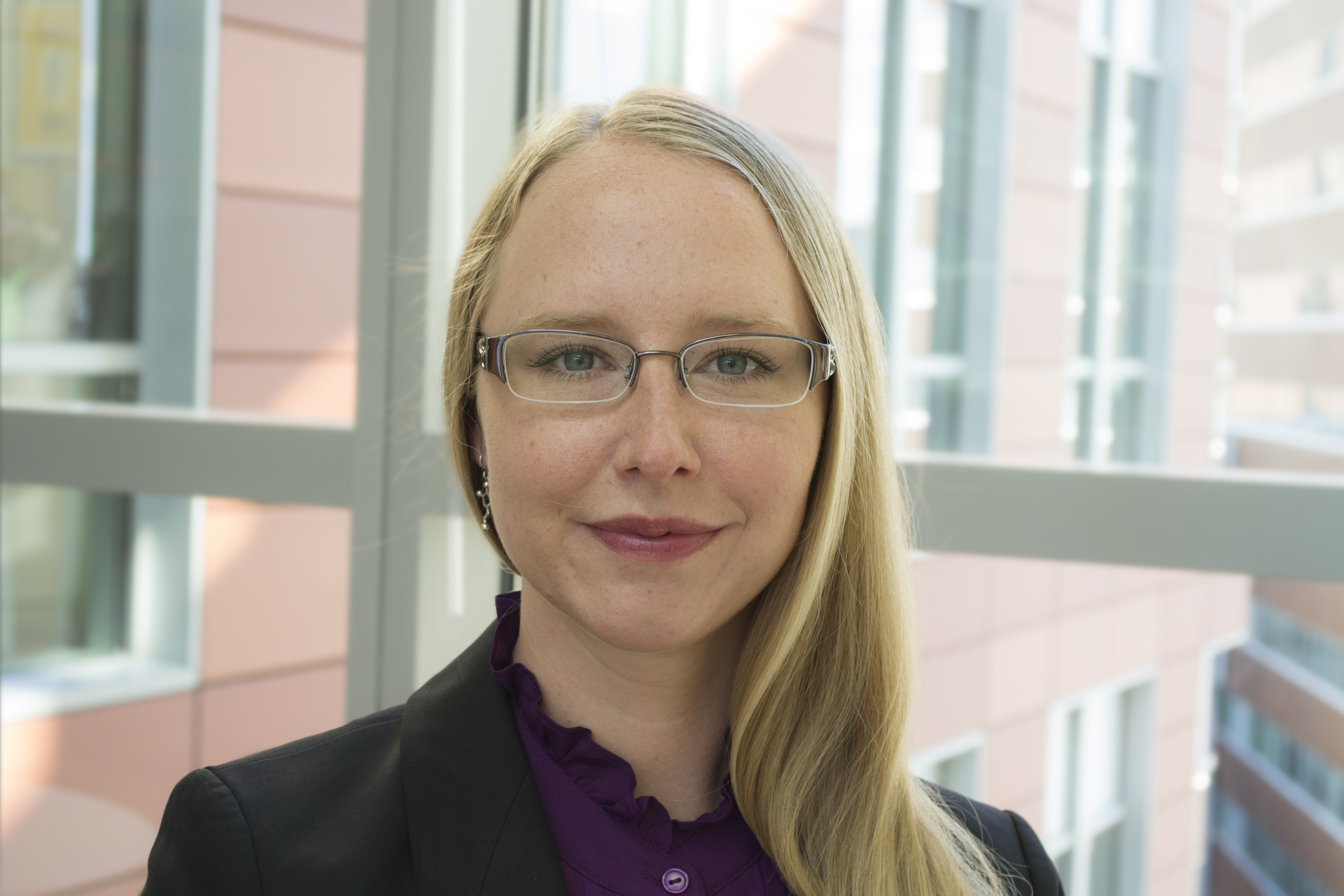
Leslie N. Aldrich, Ph.D.
Leslie was born and raised in Alabama where she developed an appreciation for nature and the great outdoors. She attended Mercer University in Macon, GA, where she obtained a Bachelor of Science degree in Chemistry with minors in biology and Spanish. Leslie then moved to Nashville, TN to pursue her Ph.D. under the guidance of Craig Lindsley, Ph.D., in the Department of Chemistry at Vanderbilt University. Leslie's thesis focused on the total synthesis of polypyrrole natural products with significant anticancer activity and the development of synthetic methods to rapidly prepare small-molecule antagonists of the M1 muscarinic acetylcholine receptor as a potential treatment for dystonia. After receiving her Ph.D. in 2012, Leslie moved to Boston, MA for a postdoctoral fellowship with Dr. Stuart Schreiber in the Department of Chemistry and Chemical Biology at Harvard University and the Center for the Science of Therapeutics at the Broad Institute of MIT and Harvard. During her fellowship, Leslie studied cellular pathways associated with the occurrence of Crohn's disease by patient-based genetics and discovered small molecules derived from diversity-oriented synthesis to study these pathways.
Leslie began her independent career at the University of Illinois Chicago (UIC) in the Department of Chemistry in 2015, where she was promoted to associate professor with tenure in 2022. In addition to receiving extramural NIH funding during her time at UIC, she also received an American Cancer Society Research Scholar Award and an International Chemical Biology Young Chemical Biologist Award. Outside of the lab, Leslie enjoys spending time outdoors with her family and two corgis and running long distances.
Job Vacancies
We have no open positions in our group at this time, please check back later.
To see all available positions at CCR, take a look at our Careers page. You can also subscribe to receive CCR's latest job and training opportunities in your inbox.
Team
News
Learn more about CCR research advances, new discoveries and more
on our news section.
